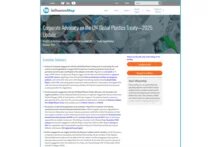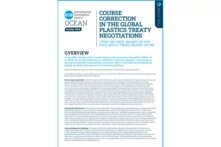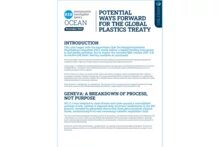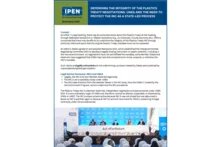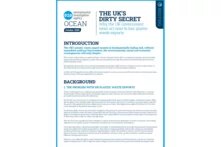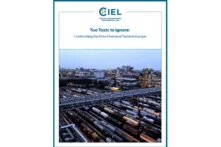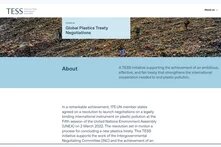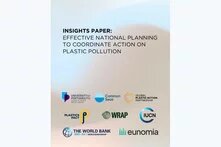
Regulation

We need regulation at the local, national, and global levels to implement drastic reductions in plastic production and consumption. It is not enough to focus on waste disposal. Solutions must tackle plastic pollution at the source and prevent more plastic from entering the market. Governments need to hold polluting companies accountable, support reusable systems and zero waste concepts, and make our environment safe and toxic-free.
See the overview page
Articles
More articles about Regulation (78)
Publications
© Heinrich-Böll-Stiftung e.V.
Schumannstraße 8
10117 Berlin
T +49 (30) 285 34-0
F +49 (30) 285 34-109
www.boell.de
info@boell.de
